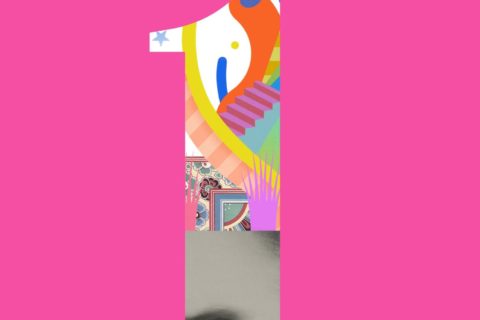By Freya Vinten
Our philosophy at Join the Dots is that consumer trends result from our desire to satisfy basic human drivers – in particular, the need to increase happiness.
Since launching our unique model three years ago, we’ve spent a lot of time and energy working on happiness, proving it as a powerful framework for understanding the changing needs of consumers.
For the third year running, we have recently mapped our annual Happiness Trends. Behind our trends sit 14 underlying consumer needs. These needs seem ever present, but the way in which they are manifested in consumer expectation changes over time.
The way in which brands can tap into current consumer sentiment to best meet the underlying need is dependent on how the macro environment moves on. Trends morph into their next edition, but the original need still remains.
In this series of articles we return to previous Happiness Trends, exploring how consumer behaviour, expectations, and needs have shifted over time in reaction to the changing world around them.
Why happiness?
Our framework is rooted in positive psychology and identifies seven key drivers that aid human happiness:
- Security
- Health
- Positive emotions
- Engagement
- Achievement
- Relationships
- Meaning
The drivers of happiness remain constant, yet the behaviours we adopt to make ourselves happy are continually changing. We believe this is because happiness drivers are impacted by external triggers, or macro trends. They are also influenced by the basic human desire for something new. The pleasure we get from something diminishes over time as our expectations rise to create a new normal – psychologists refer to this phenomenon as hedonic adaptation.
It is from the sum of all these factors that consumer trends then emerge:
Find out more about the background to our thinking here.
Understanding the UK Macro Environment
Key to putting this equation into practise is understanding the wider world in which people live. Change in the macro forces at play shape consumer expectations, create a new set of desires, and ultimately inform what they seek from brands.
What’s changing for Britons in 2017?
Political – People will quickly adapt to the new political reality
After six months of drifting into the unknown, there’s finally a firmness to what the political future holds. 2017 is set to be decisive – we will face a hard Brexit, there will be more cuts, Trump will command America. With the future becoming ever clearer, the previous sense of uncertainty is lifting and people are facing up to a new political order.
Consumers are re-evaluating what is important to them in life and society, there will be a period of recalibration and adjustment of expectations with a new focus on the things that really matter to us, everything else is just nice to have.
Economic – We’ll prioritise quality and value when it comes to spending
The wider political and economic situation begins to impact consumer confidence. Against a backdrop of rising food and fuel prices, a weak pound and fear of rapid inflation, shoppers are tightening their belts. But this time, we’re ready for it.
There’s hope things will get better in the long run, but we must brace ourselves now for a rough ride. Shrewd consumer behaviour learned during the recession and a new understanding of ‘value’, alongside a post-recessionary desire for pleasure and indulgence is steering a ‘less but better’ sentiment when it comes to spending.
Trust –We’ll question everything and place trust in those closest to us
In a post-truth world where confidence in traditional institutions has plummeted and everything must be fact checked, we’re seeing consumers being more selective in their information sources. An inversion of trust has seen a shift towards personal and individual recommendations – whether that be accessible and personable experts, or close family and friends.
Trust is now about drawing upon close relationships and having one-to-one conversations on a human level, saving time searching and checking information whilst being sure of its reliability.
Social – We’ll look to retreat into our own small worlds
Today’s political and social issues feel complicated and difficult to address. There is frustration at the political elite and uncertainty around what or who to believe or how best to approach things. This is giving rise to a sense of individual hopelessness towards the world at large. In these difficult and confusing times many will look to block out the wider world, finding it simply too stressful to deal with.
With a more inward view on the parts of life we can control, we’ll be focusing our attention and energy on our immediate circles and life concerns.
As a result, there is a growing consumer need for comfort
In this environment, value, quality and credibility become increasingly important as we focus our consumption around what makes us feel safe and secure. At the same time, we’re seeking solace in a little luxury, cosiness and relaxation as we look to escape difficult times.
The focus will be on taking refuge in the comfortable, because we all need a little familiarity and reassurance in unpredictable times.
The rest of this series will take three of our 14 new Happiness Trends, which each speak to this emerging theme of comfort:
- Need to Believe
- Beyond Reality
- Reassuringly Familiar
We’ll delve into the underlying consumer need, exploring the chain of trends that came before it, and the forces of change which brought about its evolution.
By Freya Vinten, Senior Culture & Trends Consultant, Join the Dots



